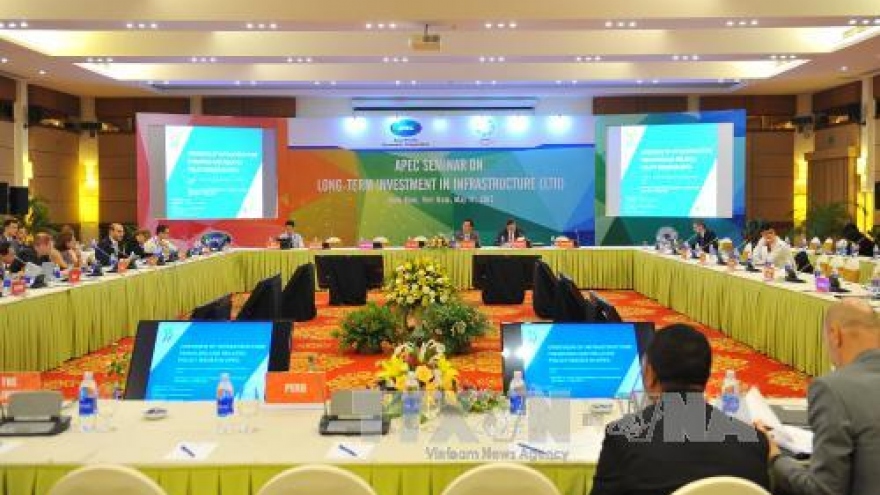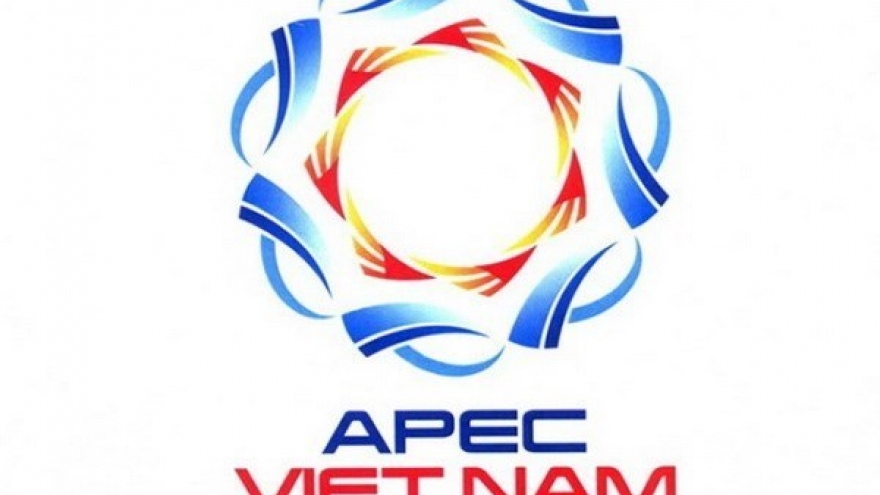Vietnam proposes four initiatives to enhance APEC financial cooperation
An official of the Ministry of Finance has detailed four financial cooperation initiatives proposed by Vietnam in the APEC Year 2017, ahead of the Senior Finance Officials’ Meeting slated for May 18-19 in Ninh Binh province.
 |
They are associated with the national prioritised pillars in 2017, when Vietnam hosts APEC events.
He elaborated that the initiative on long-term investment in infrastructure aims to emphasise the role of financial mechanisms, especially the risk sharing mechanism, in building infrastructure projects through feasible public-private partnership (PPP). Meanwhile, Vietnam and other developing economies have growing demand for infrastructure development and the private sector’s engagement in those projects.
The anti-BEPS cooperation initiative is meant to boost the sharing of experience and improve the capacity of APEC’s developing economies so as to implement the OECD’s BEPS action plan.
It is a fact that BEPS is a global issue that needs an overall solution based on multilateral cooperation, while the current prevention of BEPS through unilateral and bilateral measures is unfeasible due to the rising number of major multilateral companies with increasingly complex transactions, Thang said.
The discussion of BEPS minimum standards at APEC meetings will allow Vietnam and other developing economies to learn from the experience of policy makers and experts of developed economies in applying policy tools and receive direct technical assistance, he added.
In the initiative on disaster risk finance and insurance, the focus is on the exchange of experience in making financial and insurance solutions in response to disaster risks.
This topic is put on the table with a view to helping promote APEC economies’ resilience and response to disaster risks, improve their capacity of solving disaster consequences, and reduce the burden of budget spending and risks to public asset.
Thang noted the comprehensive finance initiative looks to discuss and share experience in finance for agriculture and rural areas.
Micro-finance hasn’t truly developed in most of developing economies, he said, adding that access to financial products still faces obstacles since the price and design of micro-financial products have yet to meet low-income earners’ diverse demand.
Therefore, APEC will work to devise solutions facilitating the access to financial services in agriculture and rural areas, the official said.


